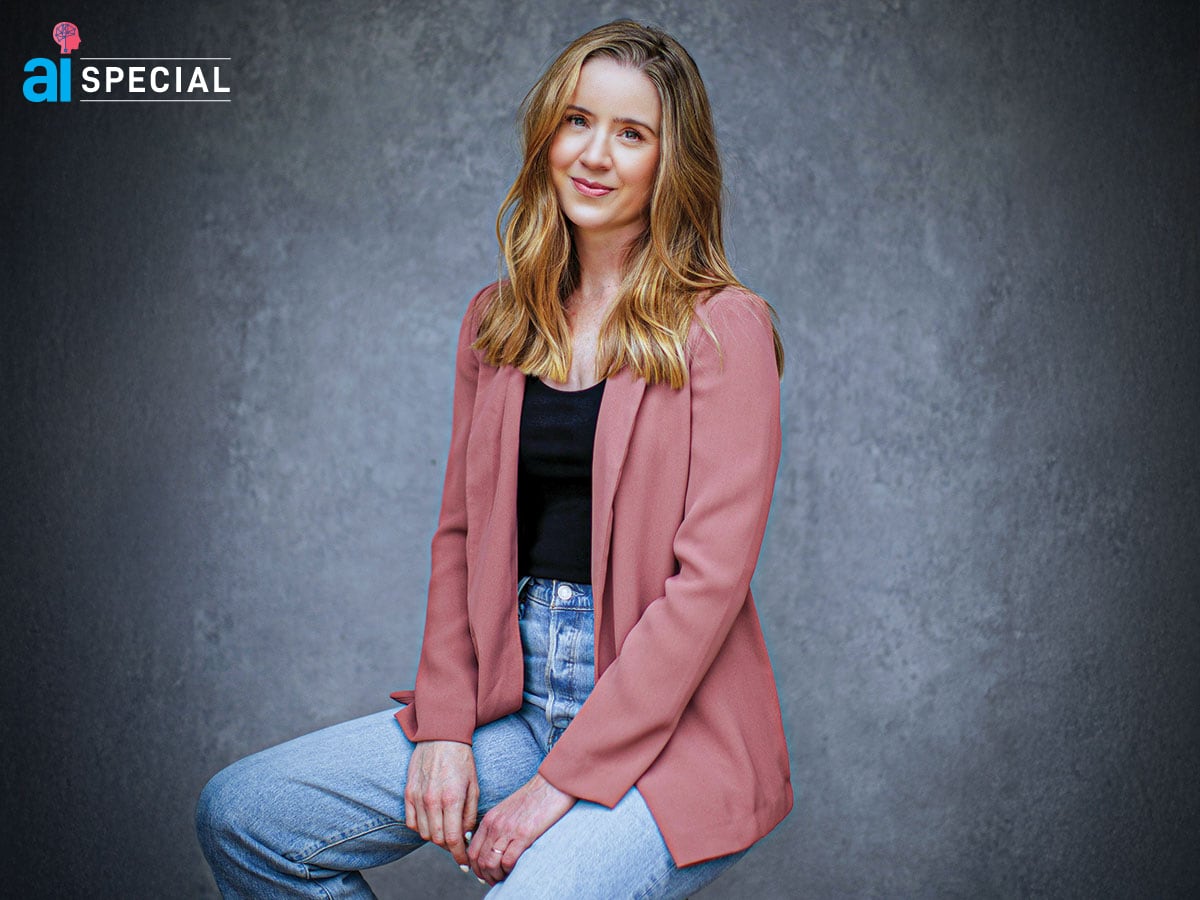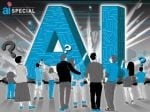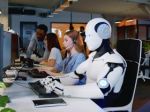AI holds up a mirror to us: Cambridge University's Verity Harding
The director of AI and geopolitics project at Cambridge University talks about how artificial intelligence can mimic the best and worst of society, and the guardrails we need
 Verity Harding, director, AI and geopolitics project at Cambridge University
Verity Harding, director, AI and geopolitics project at Cambridge University
Artificial intelligence (AI) is already part of our day-to-day life. Think about language-generating chatbots like ChatGPT. AI is in our homes, offices, and increasingly in public spaces too. Technology, including AI, reflects the best and worst of society, and it “will only serve society in the best way if we have checks and balances”, says Verity Harding, director of the AI and geopolitics project at Cambridge University. It is important, she adds, that regulators and the people building AI listen to people already vulnerable to this technology, and take into account diverse viewpoints.
Harding was one of Time magazine’s 100 Most Influential People in AI in 2023. She was a special advisor to former British Deputy Prime Minister Nick Clegg, then worked at Google and later at its AI Lab DeepMind, where she co-founded its research and ethics unit, and took the lead on global policy. Her new book, AI Needs You, takes a historical and intersectional perspective to help us navigate and understand AI. Edited excerpts from a conversation for the From the Bookshelves podcast:
Q. You say that AI will mimic the humans that create it. So, what are the guardrails that we need?
In some ways, AI holds a mirror up to us and shows us what we are like, particularly these generative AI technologies that are built on existing human data and language online, from books, scripts and blog posts. Although the companies involved have tweaked the algorithms to try their best to ensure it doesn’t bring up the worst sides… of course, anything that can show the best side of us can also show the worst. So, when I talk about checks and balances, firstly, what I mean is just being aware of the fact that technologies aren’t created in a vacuum. They are created in societies, and reflect those societies by best and worst parts. Once we understand that, how do we emphasise the best parts and de-emphasise the worst parts, and build technology that helps us build a happier, healthier, more prosperous and productive society? Only by being aware of the worst aspects can we really focus on the potential for this to help society.
(This story appears in the 04 October, 2024 issue
of Forbes India. To visit our Archives, click here.)


















